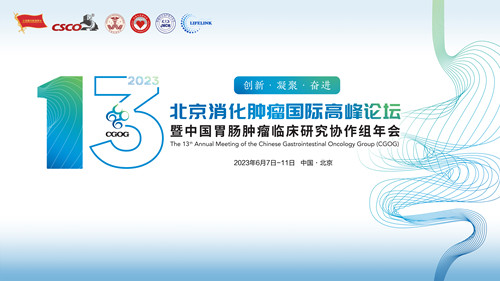IL-2/抗IL-2单抗复合物治疗能够增加CD4+CD25+Foxp3+调节T细胞以及减轻AS进展
IL-2/抗IL-2单抗复合物治疗能够增加CD4+CD25+Foxp3+调节T细胞以及减轻AS进展
Cytokine Therapy With Interleukin-2/Anti&ndASh;Interleukin-2 Monoclonal Antibody Complexes ExpandsCD4+CD25+Foxp3+ Regulatory T Cells and Attenuates Development and Progression of Atherosclerosis
Tam Nguyen Dinh, BSc; Tin Soe Kyaw, MBBS-PhD; Peter Kanellakis, BSc; Kelly To, PhD; Peter Tipping, MBBS-PhD; Ban-Hock Toh, MBBS-PhD; Alexander Bobik, PhD; Alex Agrotis, PhD
Circulation. 2012; 126: 1256-1266
Abstract
Background—CD4+CD25+Foxp3+ regulatory T cells (Tregs) attenuate atherosclerosis, but their therapeutic application by adoptive transfer is limited by the need for their expansion in vitro and limited purity. Recently, an interleukin (IL)-2/anti–IL-2 neutralizing monoclonal antibody (IL-2/anti–IL-2 mAb) complex has been shown to expand these Tregs. We examined the capacity of a modified IL-2/anti–IL-2 mAb treatment to expand Tregs and inhibit both the progression and development of developed atherosclerosis.
Methods and Results—Six-week old apolipoprotein E–deficient mice fed a high-fat diet for 8 weeks were administered IL-2/anti–IL-2 mAb commencing 2 weeks after starting the diet. Tregs in the spleen, lymph node, and liver were selectively expanded without affecting CD4+, CD8+, or natural killer cells. Tregs were increased in lesions and lesion size reduced. CD4+ T-cells, macrophages, mature dendritic cells, proliferating cell nuclear antigen+ cells, and monocyte chemoattractant protein-1 and vascular cell adhesion molecule-1 were reduced. In anti-CD3–stimulated splenocytes, proliferation and secretion of Th1, Th2, and Th17 (IL-17) cytokines and IL-1β were reduced. To determine whether treatment attenuated progression of developed atherosclerosis, 6-week-old apolipoprotein E–deficient mice were fed a high-fat diet for 6 weeks, followed by IL-2/anti–IL-2 mAb treatment for 6 weeks while continuing the high-fat diet. Treatment also increased Tregs without affecting CD4+, CD8+, or natural killer cells, suppressed inflammation, and greatly attenuated progression of atherosclerosis.
Conclusions—IL-2/anti–IL-2 mAb treatment in vivo attenuates atherosclerosis via selective Tregs expansion. The findings suggest that cytokine-based IL-2/anti–IL-2 mAb complex therapy could represent an attractive approach for treating atherosclerosis, because it markedly attenuates progression as well as development, by modulating its immunoinflammatory component.






